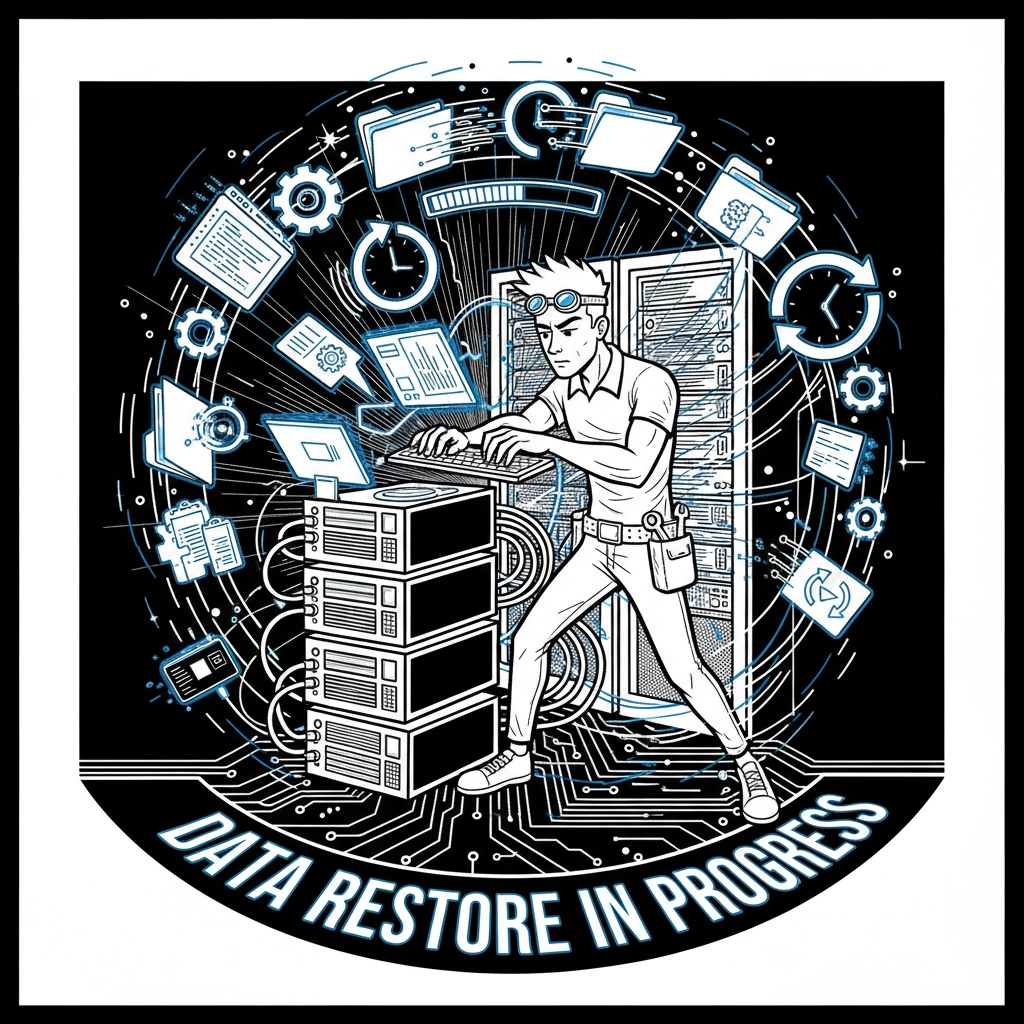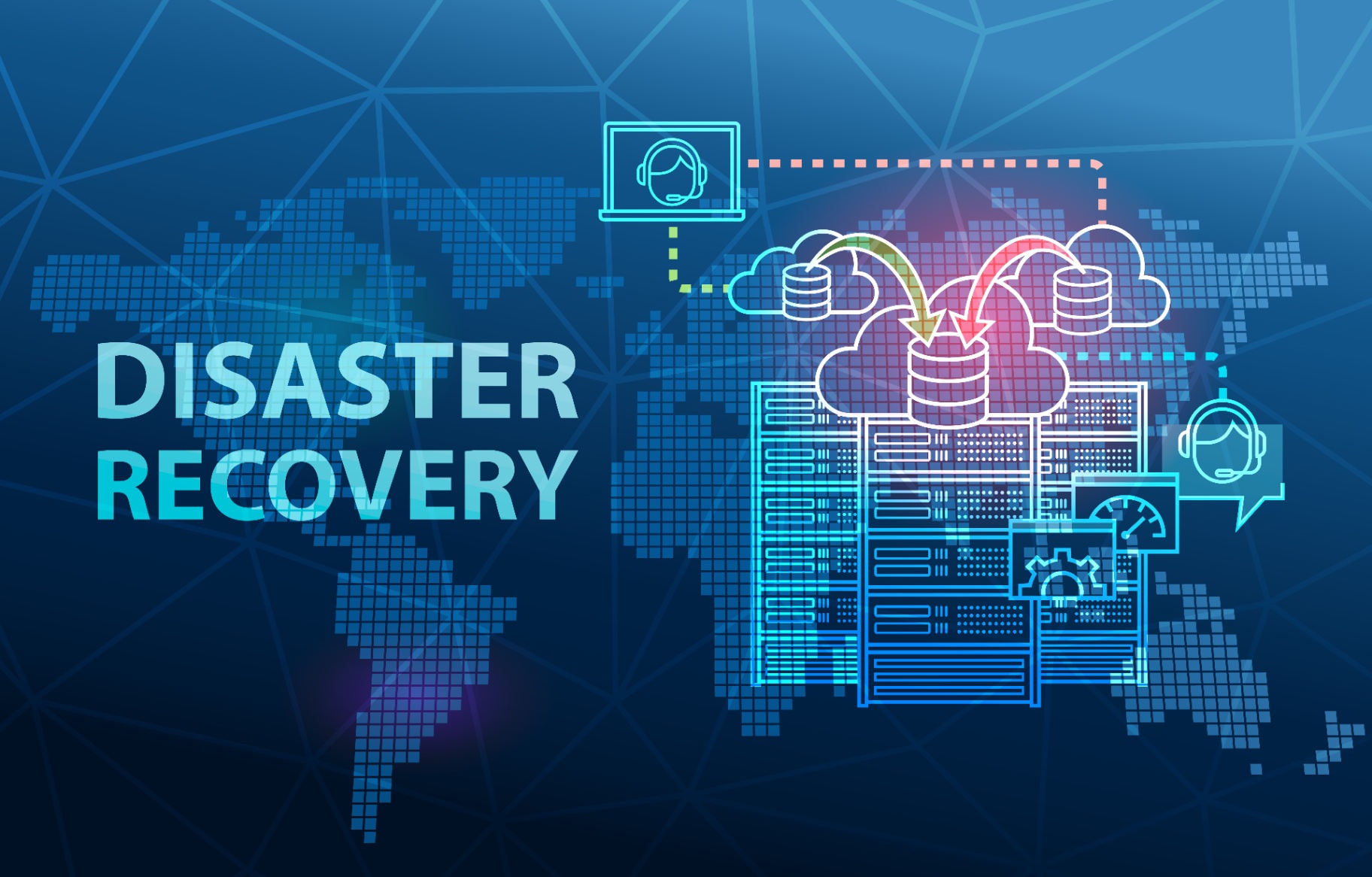Moving to Microsoft 365 or Azure can be a game changer for Connecticut businesses craving productivity, flexibility, and cost savings. But before you hit “migrate,” you need to make sure your backup and data protection strategy is watertight. Here’s the truth: cloud doesn’t mean your data is automatically safe from accidental deletion, outages, or ransomware. So before you swipe that credit card or sign your migration papers, let’s break down the top 10 things every local business needs to know about backing up data in Microsoft 365 and Azure.
1. The Shared Responsibility Model – Know What’s Really Protected
If you think Microsoft fully backs up and recovers your files forever, you’re in for a surprise. Microsoft operates under a “shared responsibility model.”
You get amazing uptime and infrastructure management, but keeping your data backed up and recoverable (especially past the default 30–90 days) is on you.
Anything accidentally deleted, overwritten, or hit by ransomware? That’s your responsibility to fix, not Microsoft’s.
Bottom line:
Microsoft keeps the cloud running. It’s up to businesses to protect their own data.
2. Why Native Microsoft 365/Azure Retention Isn’t Enough
Native retention and recycling bin features in Microsoft 365/Azure aren’t full backups.
Those built-in tools are meant for short-term restores or compliance archiving, not full recoveries from accidental mass deletions or cyberattacks.
If you need to recover data from 6 months ago: or restore a single file without restoring everything: you’re out of luck.

Don’t get caught off guard:
You need a third-party backup with granular “point-in-time” restores.
3. What Actually Needs to Get Backed Up? (Hint: It’s More Than Just Email)
When you think “backup,” you probably picture your email inbox. With Microsoft 365 and Azure, there’s way more than just Exchange:
- SharePoint sites & files
- OneDrive for Business workspaces
- Microsoft Teams chats, files, and meeting recordings
- Office 365 Groups and shared mailboxes
- Even project management boards or Teams apps
If it holds business value, make sure it’s getting backed up: no exceptions.
4. The Hidden Risks: Accidental Deletion, Ransomware & Insider Threats
Accidents happen: even to the most careful teams. An employee wipes a file, a sync job corrupts a folder, or: worst-case: ransomware encrypts everything.
Data loss can also be intentional: think disgruntled staff deleting records before they walk out.
Did you know?
Most cloud data loss is caused by human error or misconfiguration, not hackers.
A comprehensive backup solution protects against both accidental and malicious loss scenarios.
5. Migration Tools Matter: Automate for a Safe, Secure Move
Don’t try a DIY migration with manual file drags or exports. Reliable migration tools protect file structures, access rights, and metadata during the move. For bulk migrations or complex environments, look for automated tools (like Azure Migrate) that minimize human error and keep your data secure.
Pro tip:
A strong migration strategy includes both “live” data transfer and legacy data archiving: don’t leave old files behind.
6. Compliance Counts: Don’t Lose Sleep Over Legal Deadlines
If you’re in healthcare, finance, or legal, Connecticut regulations matter. HIPAA, GDPR, and state data retention laws don’t go away because you switched to the cloud. Your cloud backups must meet strict audit, encryption, and retention standards.

What to look for:
- Encrypted backups (in transit and at rest)
- Automated compliance reporting
- Granular and customizable retention periods
7. Automation & Recovery Speed – Don’t Settle for Slow or Manual Restores
When disaster hits, nobody likes sitting around waiting for a tech to fish out a backup tape.
Modern backup solutions for Microsoft 365 and Azure offer:
- Automatic backups (multiple times per day)
- Self-service recovery portals for staff
- Point-in-time restores: bring back last week’s version, today

Your team deserves tools that work as fast as your business moves.
8. Get Granular: Restore Only What You Need (and When)
Not all disasters require the “big red button.”
Let’s say only one folder in OneDrive got corrupted, or a single Teams message needs restoring.
Choose backup solutions that let you:
- Restore individual emails, files, or channels
- Roll back to any moment in time (not just yesterday)
- Keep working while the recovery happens
This flexibility saves you hours: and keeps business humming.
9. Watch Your Costs: Scale Smart as You Grow
Budgeting for “unlimited” cloud backup sounds expensive, but paying for piecemeal or low-capacity storage can cost more in the long run.
Choose a solution that grows as you grow. Good providers offer:
- Predictable monthly costs (no surprise fees)
- Simple, all-in-one portals (reduce IT headaches)
- Clear reporting (so you know what’s protected and what’s not)
10. Disaster Recovery Isn’t One-Size-Fits-All: Have a Plan!
Even with the best backup tech, humans need a plan. Make sure:
- Stakeholders know who does what during an outage or attack
- You have both onsite and cloud-based backup options
- Regular testing is part of your routine (fire drills for your data!)

A written, tested plan is the difference between quick recovery and days of downtime.
What Should Connecticut Businesses Do Next?
Moving to Microsoft 365 or Azure is a smart play: but only if your data is protected before, during, and after migration. Don’t rely on built-in tools, and don’t assume your IT provider has you completely covered by default.
Ready to level up your cloud backup?
- Make a checklist using the 10 points above
- Assess your current IT partner’s backup offering: ask to see proof!
- Don’t risk it: let FoxPowerIT validate your backup, compliance, and recovery plan before you migrate
Want help or a CT-local review of your cloud readiness?
Contact FoxPowerIT for a jargon-free cloud backup audit.
Remember: In the cloud, your best productivity “hack” is making sure you have a solid “Plan B.” Don’t wait until disaster strikes: proactive protection is the real local business advantage.
FoxPowerIT – Secure, Local, Reliable Managed IT for Connecticut SMBs.

